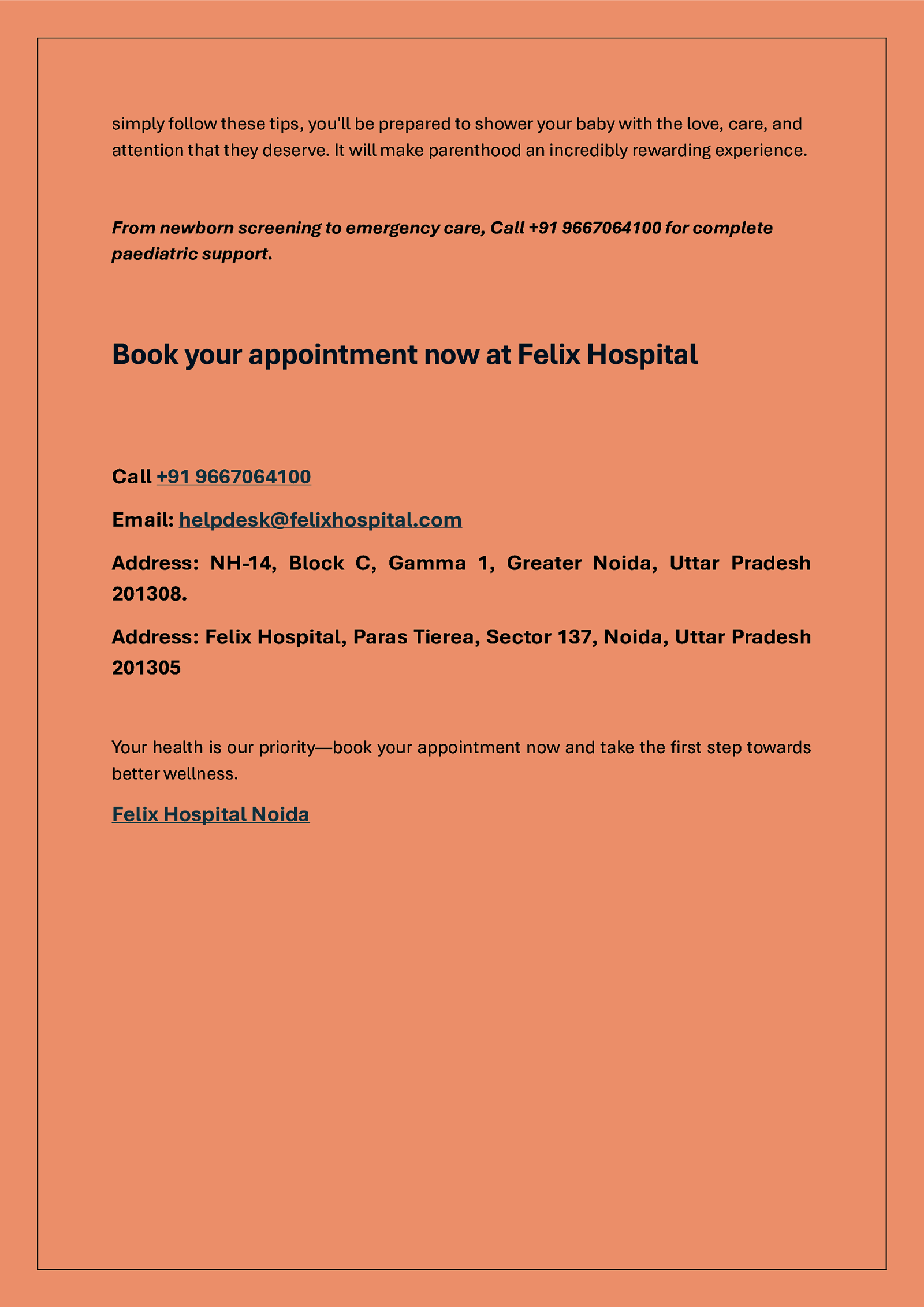For long-term care or timing of repair, consult a Hiatal Hernia Treatment Hospital Greater Noida to discuss imaging, weigh in on medical therapy vs. surgery, and individualize follow-up.
Early intervention avoids complications and makes daily life much easier. Schedule an appointment now! Conclusion Pregnancy hiatal hernia is prevalent enough, and usually, treatable: learn the physiology, honor the provokers, and apply stepwise, pregnancy-compatible treatments. Begin with food timing, portioning, elevation of the bed, and reduction of provokers. Need more? Add antacids or alginates; progress to H2 blockers or PPIs under supervision when symptoms continue.
Understand red flags, and intervene immediately if they present. Postpartum, reevaluate—most respond, but chronic ones need definitive assessment and a long-term strategy. Desire a good idea of anticipated costs before undertaking repair? Discover the Cost of Hiatal Hernia Surgery to plan securely and be prepared for the unexpected.
Book your appointment now at Felix Hospital
Call +91 9667064100 Email: helpdesk@felixhospital.com Address: NH-14, Block C, Gamma 1, Greater Noida, Uttar Pradesh 201308. Address: Felix Hospital, Paras Tierea, Sector 137, Noida, Uttar Pradesh 201305







